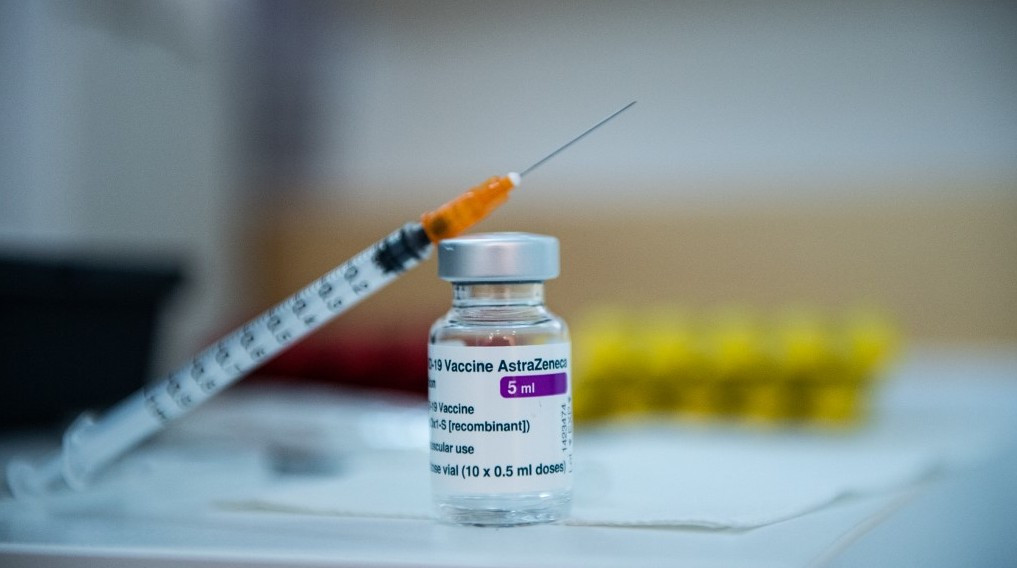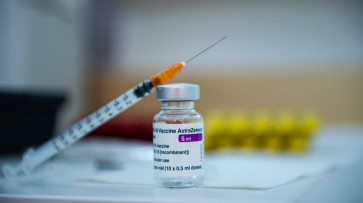Popular Reads
Top Results
Can't find what you're looking for?
View all search resultsPopular Reads
Top Results
Can't find what you're looking for?
View all search resultsFor the benefit of all, COVID-19 vaccination must not be for the few
In a region where there is scant expression of anti-vaccine sentiments and where initial worries among some Muslim groups have been calmed by halal certifications, the greatest concern is that there will not be sufficient vaccines for the entire population or not soon enough.
Change text size
Gift Premium Articles
to Anyone
I
n Southeast Asia, as in other parts of the world, COVID-19 vaccines have become the object of desire for those who are impatiently waiting to be protected. In a region where there is scant expression of anti-vaccine sentiments and where initial worries among some Muslim groups have been calmed by halal certifications, the greatest concern is that there will not be sufficient vaccines for the entire population or not soon enough.
The task of covering the region’s 673 million people is daunting because of purchasing and delivery challenges. As of April 17, Indonesia’s 17 million doses, the highest number in the region, only covered 3.1 percent of its large population, while Singapore’s 1.3 million doses covered 30 percent of its tiny population. Other Southeast Asian countries lagged far behind with 1.7 percent population coverage in Malaysia and less than 0.5 percent in Thailand, Laos and Vietnam.
Prospects are bleak for Southeast Asia according to a January Economist Intelligence Unit (EIU) report: with the exception of Singapore and possibly Vietnam, widespread vaccination will be achieved only in late 2022 by a few countries and by 2023 and beyond by the large majority.
Countries have employed various strategies to attain the needed supply: serving as trial locations, purchasing vaccines directly from the manufacturers, using the international COVID-19 vaccine-sharing program and developing and manufacturing vaccines under limited production sharing agreements or, as in Vietnam, under a home-grown scheme.
Still, they are struggling to obtain sufficient doses, let alone distribute them.
In some cases, this is due to government inertia and complacency with the country’s low infection rates, but often Western countries’ vaccine nationalism and even “hoarding”, restrictive export regimens, and caution on unexpected side-effects have reduced and delayed delivery to the rest of the world.
Financial constraints have made some Southeast Asian countries dependent on China’s “vaccine diplomacy” through donations and sales and on COVAX. The first option has been fraught with a lack of transparency and mistrust in the vaccines’ efficacy, while the second has not performed as expected.


















